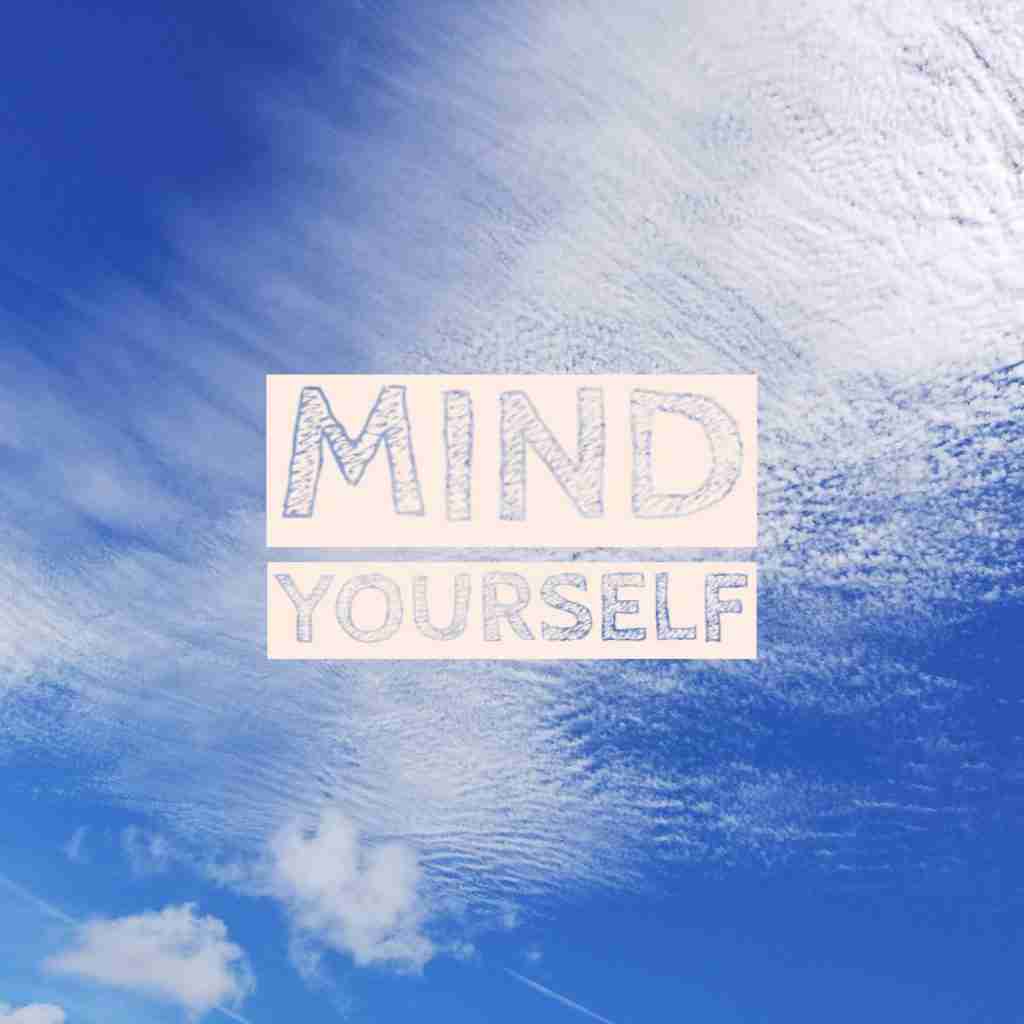I was recently reading a quite striking article about the dangers of mindfulness. As someone who practices meditation and teaches holistic practices I think it is important to acknowledge these things, if only to prevent further suffering where possible. There is no cure-all, no matter how alluring this prospect might be. At the same time this does not mean that certain practices are not beneficial in many cases. It means taking a sort of ecological approach to things, where everything exists in context. Things are rarely, if ever, absolutely good or bad in themselves.
Some things I noted in reading the above article. There seems to be a common understanding that to have a trauma history means you have had some obvious and terrible thing happen in your past. This idea that some clear event, an accident or ongoing developmental abuse, is the only kind of trauma can sometimes lead to confusion or shame. “I haven’t experienced anything bad in my life to make me feel this way.” Life without these sorts of events is already traumatic: birth, having a body, navigating school, coming of age, puberty, adulthood, death, etc… Trauma is more to do with our sensitivity and responses to living, rather than the severity of certain events. Though no doubt traumatic events have a higher risk of triggering a trauma response. So regardless of whether you have a trauma history or not I would be care-ful around experiences of dissociation, fight/flight, and so forth. Mind yourself. Listen to your body.
The other thing is a connection I likely wouldn’t have made had I not read the article. In Iain McGilchrist’s book The Master and His Emissary, which I harp on about a lot and highly recommend reading, he gathers together insights around excessive self-consciousness. To gloss it briefly, the book is about the brain and the different ways of experiencing the world that each hemisphere presents to us. The excessive self-consciousness, or left-hemisphere dominant modes of perception, tend to be linked to alienation, paranoia, loss of sense of self, difficulty reckoning with the implicit, linking also to schizophrenic experience. Perhaps meditating can bring on these sorts of experiences in that it aims for a sort of hyper-self-awareness. This came as a surprise to me as I had always assumed that these states were to do with a lack of awareness, not a hyper-awareness.
The author of the article found help by moving with the body more through Somatic Experiencing. This tallies with my experiences of embodiment in which having a secure feel for the implicit movements and contextual connectivity of the body has a grounding effect on thought and awareness. My teacher would say that the body needs to be strong so that it can hold the forces moving though it, especially if you’re doing inner work, and I think there is truth in this. In neuroscience terminology, a balance of left and right hemisphere, or implicit and explicit experience.


1 thought on “Mind yourself”
Aw, this was a very nice post. Spending some time and actual effort to produce a top notch article… but what can I say… I procrastinate a whole lot and never seem to get nearly anything done.